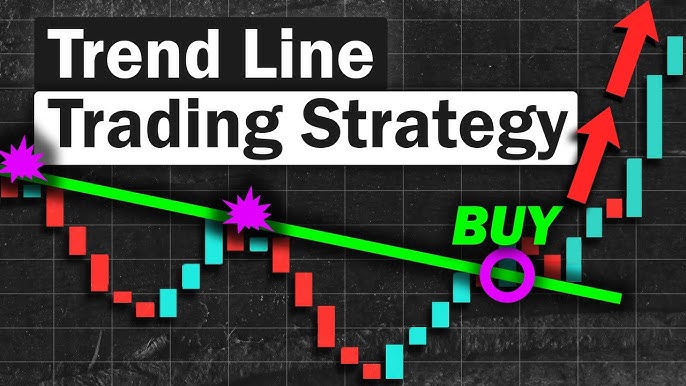Forex trading is a dynamic field, continually shaped by a blend of economic, geopolitical, and technological factors. As of 2024, several trends are significantly impacting the forex market. Here’s an overview of some of the most notable ones:
Advanced Algorithmic Trading:
Algorithmic trading has gained substantial traction in the forex market. Traders and institutions are increasingly deploying sophisticated algorithms to execute trades at optimal times, minimize human error, and capitalize on market inefficiencies. These algorithms use complex mathematical models and historical data to predict currency price movements and make high-frequency trades, allowing traders to respond to market changes with remarkable speed and precision.
Increased Use of Artificial Intelligence and Machine Learning:
Artificial intelligence (AI) and machine learning (ML) are revolutionizing forex trading strategies. AI-driven tools can analyze vast amounts of market data to identify patterns and trends that might not be immediately apparent to human traders. Machine learning algorithms continually refine their predictions based on new data, enhancing their accuracy over time. This trend is leading to more sophisticated trading strategies and risk management approaches.
Integration of Blockchain Technology:
Blockchain technology is making waves in the forex market, primarily through the use of digital currencies and smart contracts. Blockchain provides a decentralized and secure way to record transactions, which can enhance transparency and reduce the risk of fraud. Additionally, central banks and financial institutions are exploring central bank digital currencies (CBDCs) as a way to modernize the financial system and streamline cross-border transactions.
Focus on Geopolitical Risks and Macro-Economic Indicators:
Geopolitical events and macroeconomic indicators remain crucial drivers of forex market movements. Recent trends have highlighted the importance of monitoring political developments, trade relations, and economic data releases. For instance, shifts in U.S. monetary policy, Brexit negotiations, and geopolitical tensions in regions like the Middle East can lead to significant volatility in currency markets. Traders are increasingly incorporating geopolitical analysis into their strategies to better anticipate and react to market shifts.
Growing Popularity of Retail Forex Trading:
The forex market has seen a surge in retail traders due to the proliferation of online trading platforms and reduced barriers to entry. Retail traders now have access to sophisticated tools and resources that were once reserved for institutional investors. This democratization of forex trading has led to increased market participation and greater volatility, as a large number of smaller traders can impact currency prices.
Emphasis on Risk Management and Compliance:
In response to market volatility and regulatory changes, there is a growing emphasis on robust risk management and compliance practices. Traders and institutions are adopting more comprehensive risk management strategies to protect against unexpected market movements and regulatory scrutiny. This includes using advanced analytics to assess risk, implementing strict compliance protocols, and ensuring transparency in trading practices.
Rise of Environmental, Social, and Governance (ESG) Factors:
ESG considerations are becoming increasingly important in forex trading. Traders and investors are paying more attention to how environmental, social, and governance issues impact currency markets. For example, countries that prioritize sustainable practices and demonstrate strong governance may attract more investment, influencing their currency values. As ESG factors gain prominence, they are becoming a critical component of market analysis and decision-making.
Growth of Mobile Trading and Fintech Innovations:
Mobile trading platforms and fintech innovations are reshaping the forex landscape. Traders now have the ability to trade on-the-go using smartphones and tablets, thanks to advanced mobile trading apps. Fintech innovations, such as digital wallets and peer-to-peer payment systems, are also influencing forex transactions by making them more accessible and efficient.
In summary, the forex market is evolving rapidly, driven by technological advancements, increased retail participation, and a heightened focus on risk management and ESG factors. Traders and investors must stay informed about these trends to navigate the complexities of the forex market effectively.


